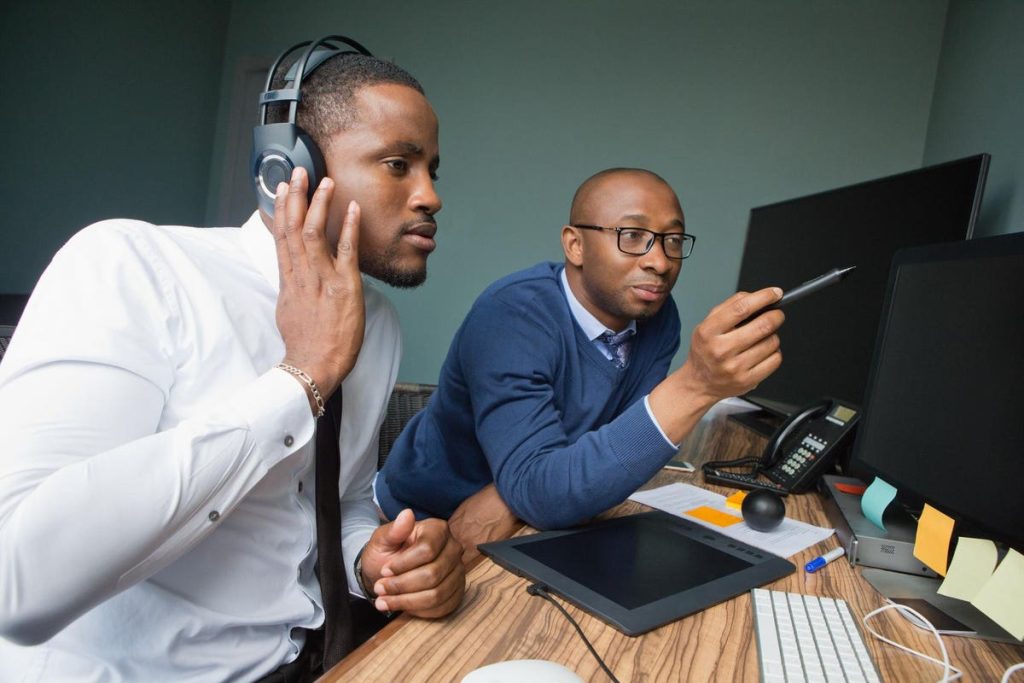Natalie Bellis, CEO, The Seventy Ninth Group.
After more than a decade of fact-finding, research and regular visits to West Africa by my company’s chairman, we decided to launch drilling and exploration operations in Guinea. While my company has a presence in a number of territories, this was a first for us in terms of on-the-ground operations in West Africa.
Rather than choosing to run operations remotely, we decided to appoint an “in-country” team, made up primarily of local specialists connected to the community. Through this process, I have learned a huge amount, and I wanted to share my findings with other businesses that may be considering doing something similar.
Grassroots Involvement At A Senior Level
As a business, in terms of headcount, we are a relatively small team, certainly when you compare us to some of the blue-chip multinationals operating in our sector. We deliberately operate a flat structure and are firm believers in recruiting experienced people and giving them the autonomy to make decisions.
I believe that having fewer layers of management can help you be more agile, changing direction where you want and need to. As you grow, I think it’s important to maintain this if you want to remain a closely connected team.
As a part of this flat structure, I also think it’s important to spend a lot of time building relationships with local elders. Their role within communities in places like Guinea can’t be underestimated. There, as elsewhere, it is crucial to have their sanction and blessing to carry out your work.
For example, by creating such relationships, local leaders told us a great deal about the history of the area, which has shaped our approach as to where we drill. If you take the time, in the beginning, to invest in relationships, the rewards can be well worth it. This is particularly true in countries where personal relationships play such an essential part in business relationships.
The Need For Firsthand Experience And Exposure To The Environment
Our own experience of travel has given us a flavor of the challenges people in Guinea face concerning employment, healthcare, education and other needs of a community led by elders.
When you create an in-country team, it is important to take these factors into account. Guinea, for example, is a region where mining—both artisanal and large-scale—is commonplace. But relationships between the stakeholders involved are not always straightforward. When dealing with economically developing areas, consider not only the commercial perspective but the moral one.
Our own exposure to the local environment in Guinea informed the process from an early stage. Try to recruit locally and once you have your in-country manager (or comparable position) on board, make sure to take their guidance on building the local team.
Working With And Employing Local People
When you set up your local office, you then want to find people to cover management, compliance and administration. It can also serve as a location where your company can be visible to the community and host guests, suppliers and community leaders.
You also want a team that works on-site; this can include a community liaison officer to be your eyes and ears on the ground and a connection between your site-based and office-based people. Specifically, for my industry, we also needed a soil-sampling team, drivers, a cook and a local group who make our core boxes and calico bags. It’s a spread of skills, for sure.
Putting Your Trust In Local Expertise
Giving your in-country team autonomy and accountability is vital to making the relationship work. If you are asking for and taking advice on how best to operate in a new environment, then you need to give your team the permission and responsibility to make it happen.
There is a huge amount of trust involved. It doesn’t come naturally to all business leaders, particularly with new ventures that carry risk. But I’m convinced if you put the time in upfront to fully understand what’s needed and to build relationships with local experts in the right way, success will follow.
Building Lasting And Valuable Relationships
As well as bringing employment opportunities to other regions, I believe that business leaders should recognize the importance of leaving a positive, lasting legacy. And that begins with initiatives that go beyond the immediate realms of our work.
For example, consider working with the local Red Cross or a similar organization to provide health and safety training not just for your workforce but also for members of the wider community. As another example, my company is working with a local school to equip children with skills in agriculture, opening up choice and opportunity and reducing their reliance on a future in mining.
We also have plans for projects which support youth programs and women’s groups. This can be an incredibly rewarding part of your work. In the end, you want to send a message that you are doing business responsibly and respectfully.
My concluding advice for others looking to set up a new team in a new territory are:
• Listen, listen, listen. Local expertise and advice can make all the difference.
• Consider and adapt to the local environment and traditions. A”lift and shift” approach won’t work.
• Find time to build and maintain strong relationships.
• Be mindful of your impact. How will your operations affect local communities? What steps can you take to negate this and leave a positive lasting legacy?
• Take the opportunity to learn about and embrace new cultures. It can be so rewarding.
I hope my experiences setting up an “in-country” team in Guinea can be helpful to your international endeavors and inspire you to set up initiatives beyond those involving straightforward business.
Forbes Business Council is the foremost growth and networking organization for business owners and leaders. Do I qualify?
Read the full article here










